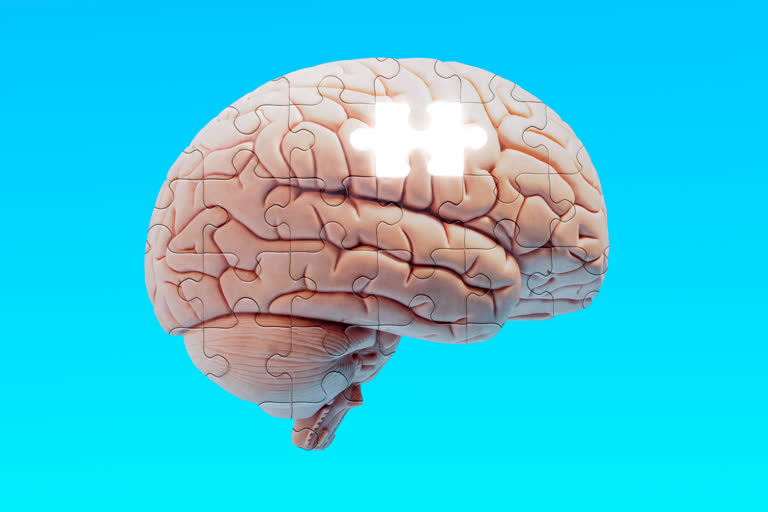Cognitive impairment occurs when a person has trouble remembering, learning new things, concentrating, or making decisions that affect their everyday life. The latest findings, published in the journal eClinicalMedicine, suggest that the effects are still detectable more than six months after the acute illness, and that any recovery is at best gradual.
Researchers at the University of Cambridge and Imperial College London, UK, noted that there is growing evidence that COVID-19 can cause lasting cognitive and mental health problems. COVID-19 recovered patients report symptoms including fatigue, 'brain fog', problems recalling words, sleep disturbances, anxiety and even post-traumatic stress disorder (PTSD) months after infection, they said. The study analysed data from 46 individuals who received in-hospital care, on the ward or intensive care unit, for COVID-19. As many as 16 patients were put on mechanical ventilation during their stay in hospital.
The patients underwent detailed computerised cognitive tests an average of six months after their acute illness using the Cognitron platform, which measures different aspects of mental faculties such as memory, attention and reasoning. Scales measuring anxiety, depression and post-traumatic stress disorder were also assessed. Their data were compared against matched controls.
COVID-19 survivors were less accurate and with slower response times than the matched control population -- and these deficits were still detectable when the patients were following up six months later, the researchers said. The effects were strongest for those who required mechanical ventilation, they said. By comparing the patients to 66,008 members of the general public, the researchers estimate that the magnitude of cognitive loss is similar on average to that sustained with 20 years ageing, between 50 and 70 years of age, and that this is equivalent to losing 10 IQ points.
Survivors scored particularly poorly on tasks such as verbal analogical reasoning, a finding that supports the commonly-reported problem of difficulty finding words. They also showed slower processing speeds, which aligns with previous observations post COVID-19 of decreased brain glucose consumption within the frontoparietal network of the brain, responsible for attention, complex problem-solving and working memory, among other functions.
